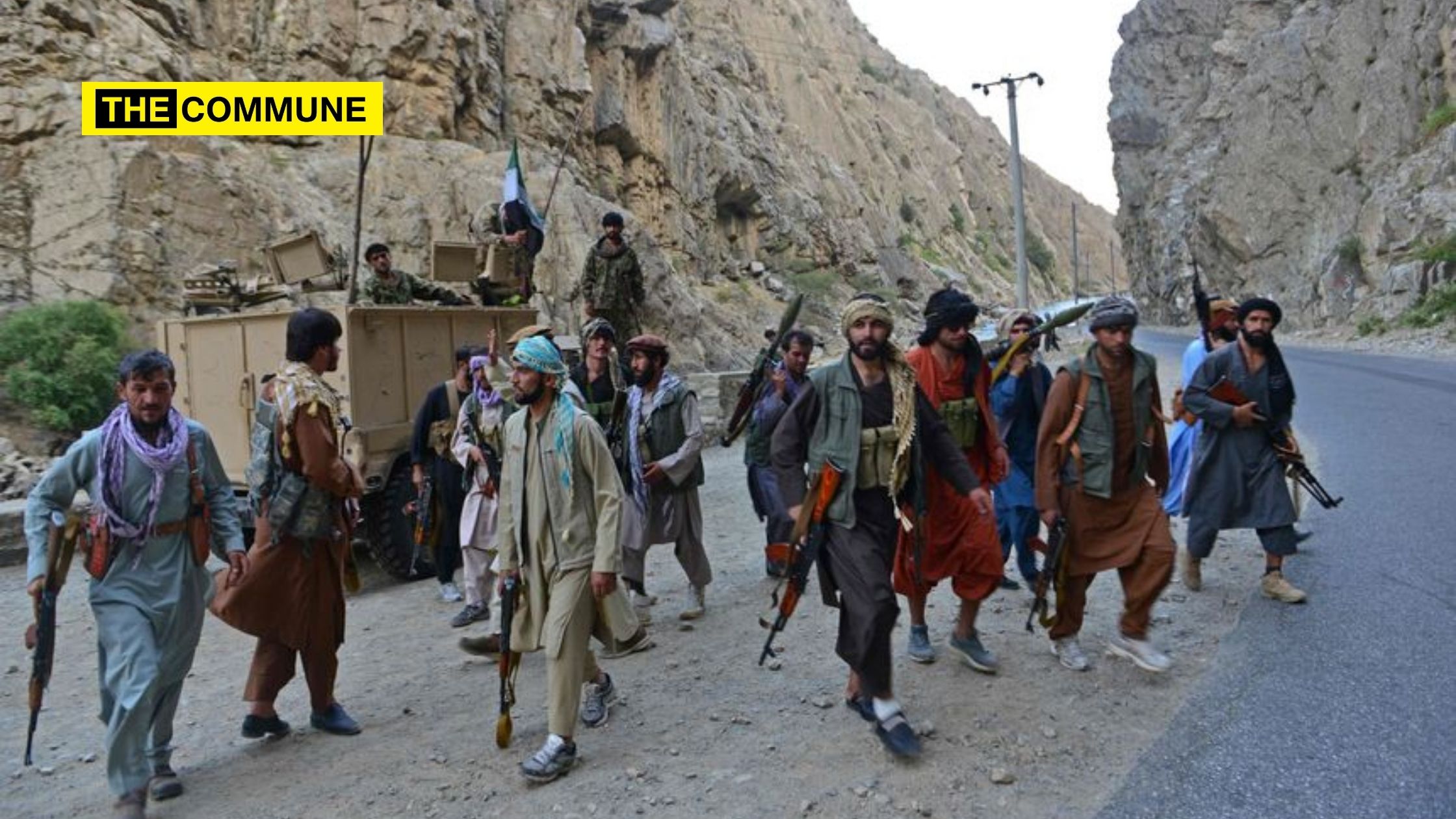
After the Taliban announced the formation of its government, the fate of some 250 Afghanistan women judges is hanging by a thread as they fear for their lives as the country heads back to the brutal Sharia law.
There was a time when it was unfathomable for a woman to be a judge in Afghanistan, however, after the American invasion it all changed, and now these judges who had once jailed men for various crimes are in fear for their lives as they were freed by the victorious Taliban and now looking to kill them.
Though some women judges were able to escape in recent weeks, many are still left behind and are still trying to get out which is unlikely.
The Taliban have already banned women from most work after their return and no one is willing to accept that they will respect women’s rights.
Women judges were already been high profile targets and two female Supreme Court justices were gunned down in January and after the Taliban released prisoners across the country, it “really put the lives of women judges in danger,” a high-level Afghan women judge who fled to Europe said from an undisclosed location.
This is exactly what ISIS did when it took control of parts of Iraq and freed prisoners who then became mujahadeen fighters.
In Kabul, “four or five Taliban members came and asked people in my house: ‘Where is this woman judge?’ These were people who I had put in jail,” she told Reuters in an interview, asking not to be identified.
Since then she has been in touch with colleagues back home: “Their messages are of fear and complete terror. They tell me if they do not get rescued their lives are in direct danger.”
Also, in danger of being raped and murdered are around a thousand women human rights defenders, said Horia Mosadiq, an Afghan human rights activist. Freed prisoners “are calling with death threats to women judges, women prosecutors and women police officers, saying ‘we will come after you’,” she said.
For the West, these judges and human rights activists are not a priority but admit that they are “very vulnerable people” and fearful about the reprisal that could now face now the Taliban is completely in charge.
“Governments had zero interest in evacuating people that were not their own nationals,” said Sarah Kay, a Belfast-based human rights lawyer and member of the Atlas Women network of international lawyers.
“The responsibility that we bear is almost unbearable at the moment because we are one of the few people taking responsibility for this group,” one of the effort’s leaders, Patricia Whalen, an American judge who helped train Afghan female judges in a 10-year programme, told Reuters.
“I am furious about that. None of us should be in this position.”
Click here to subscribe to The Commune on Telegram and get the best stories of the day delivered to you personally.




